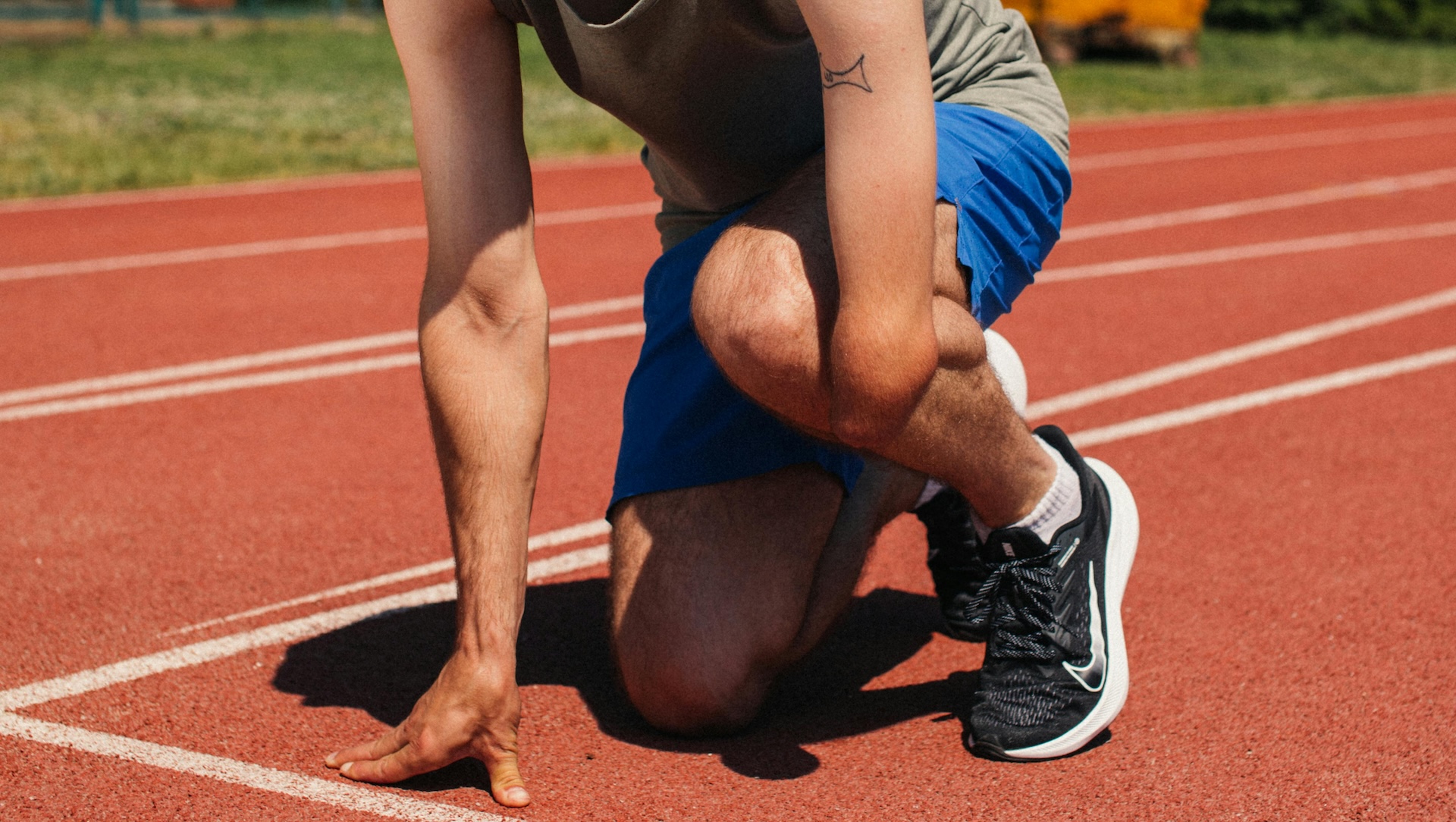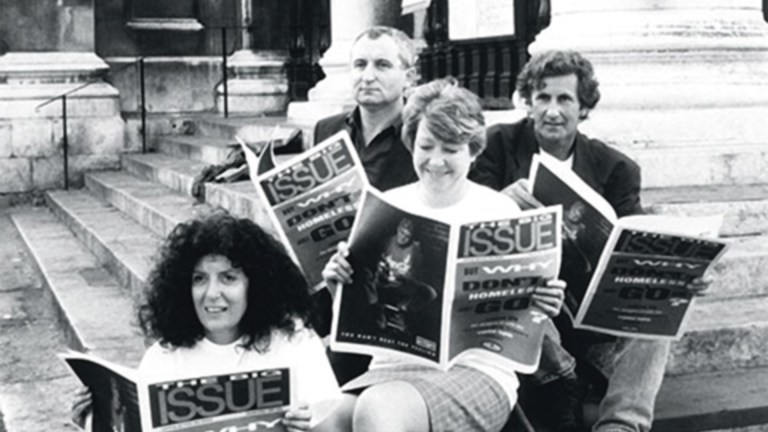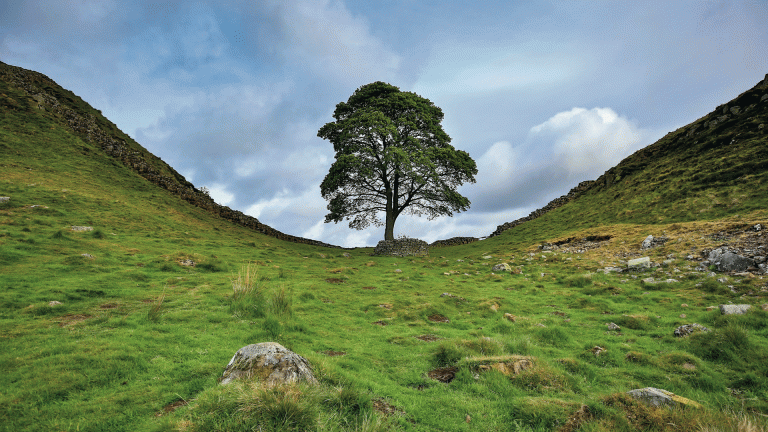Being physically active does not have to be participating in the Olympics, Paralympics or pushing yourself to the max weightlifting in the gym. Being active means that you move your body in a way that feels enjoyable and rewarding for you. That can be anything from seated dance in a wheelchair to running around a local park with a guide. The most important thing is that we all have access to lots of safe, affordable options.
“A disabled person’s class has a huge impact on their opportunity to be physically active. Those considered to be of lower or working class have less opportunity to be active due to the cost of living crisis, reduced [access to] services, and increases in costs to be active such as cost of memberships to sports clubs and exercise classes,” Dr Toni Williams, associate professor in the department of sport and exercise sciences at Durham University, explained to me.
This means that so many of us are unable to access the “huge positive impact on people’s physical, social and mental health”, that even a few minutes of physical activity a week can bring.
It is a rights issue that disabled people are unable to experience physical activity in the same way as non-disabled people – why aren’t we given the chance to have fun like everyone else?
We know that if you are poorer, you will be less active. “Disabled people are more likely [than non-disabled people] to consider sport and activity to be a luxury rather than a necessity. With six in 10 saying they rely on their benefits or financial assistance to be active,” said Adam Blaze, chief executive of Activity Alliance.
It is a failure of all involved that someone’s class background dictates their ability to access a range of fun, engaging, and meaningful activity options. Just as your background shouldn’t affect your health, work or education outcomes – why do we accept that it affects how active you can be?
Advertising helps fund Big Issue’s mission to end poverty
Access to a choice of affordable, accessible, safe and fun activities is a rights issue. It is not as simple as saying that sports and physical activity cost money – thus, poorer people will be less active.
Yes, disabled people are disproportionately more likely to live in poverty but there are a wide range of barriers outside of the control of working-class disabled people, including the design of our social security system, and health and social care and activity provision system. These continue to exist in part because access to activity is not treated as a rights issue.
Thus, despite the crucial role the social security system plays for disabled people to be active, with two-thirds of people (65%) telling Activity Alliance that they rely on benefits to be active, little has been done to tackle the intersectional and compounding forms of discrimination present in the system.
Can we be surprised by the statistics that show disabled people of colour being less active than white disabled people when new research finds that in some regions such as Cumbria, Black social security claimants are almost three times as likely to be referred for a sanction than their white counterparts?
Being active in a way that suits us and is fun is not a luxury; it should be a core part of our lives regardless of background. Our inactivity speaks to our wider exclusion from society.
We know that people who are marginalised based on their race, gender or disability are more likely to be poorer. This means that those of us disabled people, who are also people of colour, women or trans people, face an uphill battle to access even the very basics of being active – let alone sport of the scale and intensity on display this summer.
Advertising helps fund Big Issue’s mission to end poverty
There is a huge opportunity for this change to happen – we can use the current spotlight to create new narratives – and move the discussion forward. We must focus on the grassroots and those who work directly with and are run by disabled people and our community.
Being disabled should not mean we are not able to enjoy our lives as much as non-disabled people. Our class status should have no bearing on our ability to live fulfilling, fun-filled lives. As Toni surmised for me: “We need to tackle this because access to physical activity is not a luxury, it is a human right.”
Mikey Erhardt is a campaigner at Disability Rights UK.
Do you have a story to tell or opinions to share about this? Get in touch and tell us more. Big Issue exists to give homeless and marginalised people the opportunity to earn an income. To support our work buy a copy of the magazine or get the app from the App Store or Google Play.










